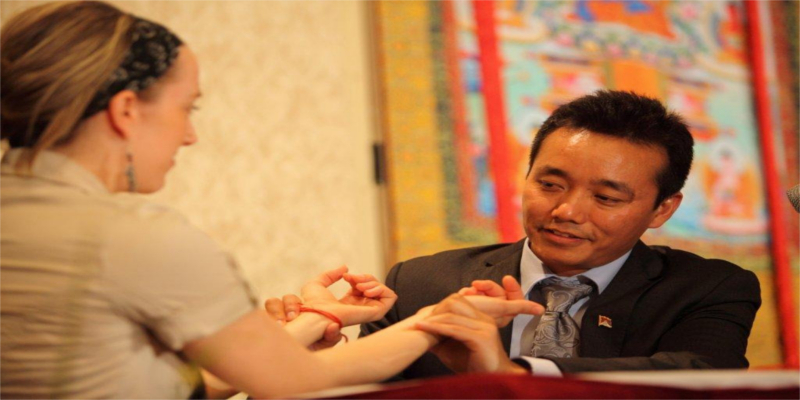The traditional Tibetan Medical system, Sowa Rigpa is being considered for giving an elite UNESCO status, the intangible cultural heritage. However it has got entangled into another diplomatic tussle between India and China.
Traditional Tibetan medicine is centuries-old traditional medical system that employs complex approach to diagnosis, incorporating techniques such as pulse analysis and urinalysis. It also utilises behaviour and dietary modification. Medicines are composed of natural materials.
China recently criticized India for making a counter bid to claim legacy of Sowa-Rigpa, the traditional Tibetan Medical system. India has filed a competing bid with China to declare Sowa-Rigpa under intangible cultural heritage list.
A Chinese official said “The Tibetan medical system originated in Tibet and has developed on the Qinghai-Tibet Plateau in northwest and southwest China” as reported by English daily Global Times, the mouthpiece of Chinese government to the world.
Qin Yongzhang, an ethnologist at the Chinese Academy of Social Sciences said that the Tibetans-in-exile may have helped in making Sowa-Rigpa popular in India however it is strictly a Chinese heritage. He further said that Tibetan medical system has not only originated but also developed in China.
Tibetans have a strong and unique cultural identity. Tibetans have a highly sophisticated philosophy, their own version of Buddhist practices and everything else that gives them identity of a unique nation.
The Tibetan government in exile has made efforts to secure the cultural treasures of Tibet in India and elsewhere in the world and India’s counter claim shall be seen in this context.
It is ironical that Chinese now want to claim the Tibetan heritage in continuation of undermining the Tibetan identity. India’s bid for the same is also questionable for the same reason. This undermining of cultural heritage is very unfortunate in present times and it is like kidnapping of culture.

